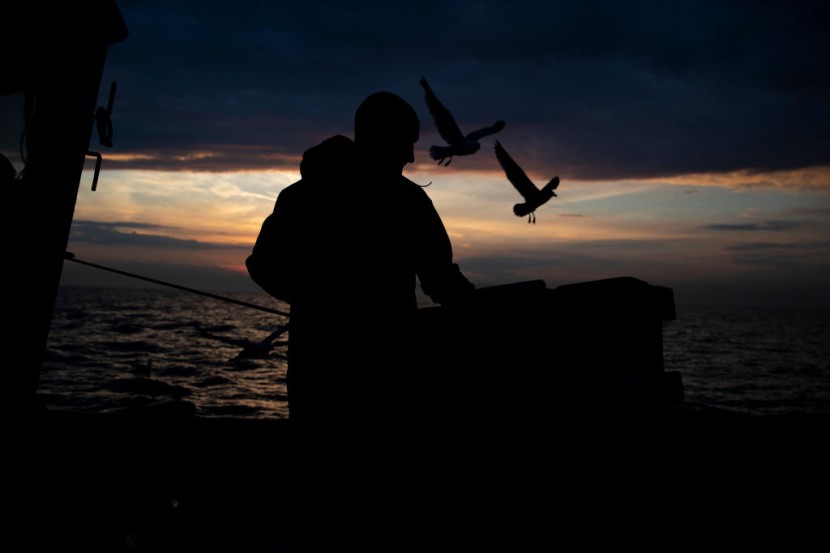
Researchers are hopeful that the key to ending the coronavirus pandemic may come from three men who were aboard a coronavirus stricken fishing boat in Seattle but appeared to have antibodies which neutralize the virus and remained uninfected despite most of the people aboard catching the disease.
The study is among the first studies which suggest that there is a link between virus-neutralizing antibodies and protection from infection of SARS-CoV-2. However, the research has not been peer-reviewed as of yet but has yielded promising results.
According to AFP, before the crew of the fishing boat boarded the vessel back in May 120 out of 122 of them were tested not only for SARS-CoV-2 bur also for antibodies indicating a current or previous infection. The tests were performed by researchers from the Fred Hutchinson Cancer Research Center in Seattle and the University of Washington.
When the results of the tests came out none of those who were tested were positive with the virus. However, there were six who had antibodies. Moreover, out of the six, three have shown evidence of possessing neutralizing antibodies.
Two weeks after the boat sailed, it anchored back to shore boarding a crew member who needed hospital treatment after testing positive for the virus. After this, all crew members were tested again and results showed that 104 people in the boat or 85% of its population were already infected.
However, the researchers were able to note that none of the three persons who have evidence of the neutralizing antibodies were positive for the virus and they also did not exhibit any symptoms.
Due to the promising results yielded by the neutralizing antibodies, the researchers concluded that the presence of these neutralizing antibodies is significantly associated with the protection of people from getting re-infected.
An Insight to Future Protection
Despite the promise showed by the results of having neutralizing antibodies, ethical concerns regarding the long term impacts and potential severity of the virus have put a pause on running direct human trials about the protection endowed by the neutralizing antibodies.
According to Fox News, immunology professor, Danny Altmann from the Imperial College of London stated that despite the new study being small it is a "remarkable, real-life, human experiment at a time when we've been short of hard-line, formal, proof that neutralizing antibodies genuinely offer protection from re-infection."
This is despite animal trials already predicting the possibility of neutralizing antibodies to prevent re-infection. He also expressed amazement over the small study done in a fishing boat proving to be very helpful and informative amid a worldwide race for the cure against the virus.
However, the research is not definitive proof that people cannot be infected with SARS-coV-2 twice. This is because three other sailors who had antibodies but did not have neutralizing antibodies all came back infected with the virus. But the researchers have also taken into account that their initial tests may have been false positive or that the antibodies were already signs of early infection.
Related article: Experts Urge People to Get Flu Shot, Fear a Possible 'Twindemic' as Flue Season Approaches








